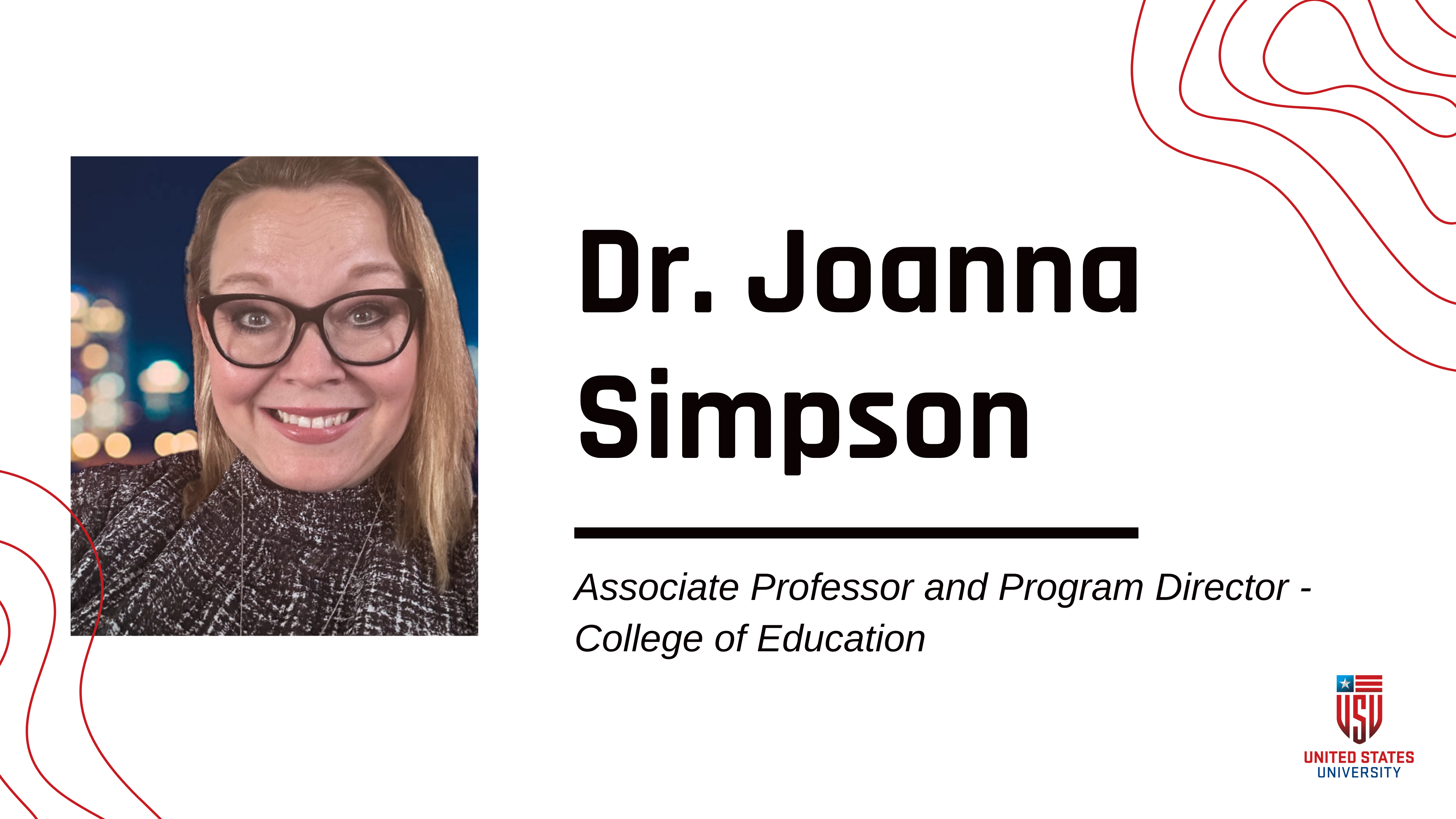The Role of Family Nurse Practitioner in Healthcare
The role of family nurse practitioner (FNP) continues to gain momentum as a leader in delivering healthcare services. However, FNPs stand to absorb much of the burden from the shortage of primary care physicians, but they will play a critical part in filling the gap it creates. Some estimates predict a shortage of up to 48,000 physicians by 2034! Therefore, FNPs are poised to play an even larger role in the delivery of healthcare, especially in underserved or low-access areas, in the coming years.
Family Nurse Practitioner Scope of Practice
The role of family nurse practitioner is usually focused on preventative care and monitoring long-term health. FNPs are able to provide direct patient care because they have a varied and comprehensive scope of practice - they can assess, diagnose, and treat patients throughout their lifespan, from infants to elder adults.
Patients an FNP can treat:
- Newborn/infant
- Pediatric
- Teenage/adolescent
- Adult
- Geriatric
While specializations exist in the role of family nurse practitioner, such as pediatric nurse practitioner, gerontology nurse practitioner, and mental health nurse practitioner, the FNP is more of a jack of all trades. In the same way that an internal medicine physician may refer complex cases to a specialist, FNPs act as triage personnel, assessing patients and helping them formulate an appropriate plan of care or referring them to a healthcare professional with more expertise in that specific area.
Education and Experience Required
FNP programs largely require a bachelor's degree in nursing before applying. Here is a list of some basic academic prerequisites for an FNP program:
- Chemistry
- Microbiology
- Biostatistics
- Anatomy and Physiology
Some direct entry FNP programs do exist, however, the majority of programs will require bedside experience as an RN before you can be accepted. One to two years is a solid base, but many FNPs say that having 5-7 years of experience working at the bedside is the ideal amount of experience. Most FNP programs will expect a command of basic nursing skills, and you may struggle to keep up with your peers if you do not have some experience to draw from during your program.
Employment Opportunities for FNPs
You must complete an accredited program and sit for the licensing exam to work in a role as a family nurse practitioner. There are two - the ANCC and the AANP. Upon passing one of those two exams, you will be certified to work as an FNP, but you will also need to become licensed by the state where you intend to practice. Most healthcare settings will also require BLS (basic life support) training, and some jobs may require additional certifications depending on the environment you will be working in.
FNPs can work in a variety of settings, including both inpatient and outpatient settings. Private physician offices, hospitals, and urgent cares are currently the three largest employers of FNPs. Some acute care hospitals are moving towards requiring an acute care certification for their inpatient NPs, but this is not the rule. Depending on the location, size of the hospital, and needs, you may find this variable on a case-by-case basis.
FNP Job Outlook
The outlook for FNPs is booming, especially in states with a rapidly growing population and in more rural communities with less access to a myriad of healthcare services. As the number of primary care or internal medicine physicians wanes, those in the role of family nurse practitioner are expected to step in and fill that void.
States employing the largest number of FNPs are:
- Texas
- California
- New York
The average yearly salary for FNPs in the United States is $118,040. California is the highest paying state in the U.S. for FNPs, with an average salary of $151,830.
With so much variability in the work environments for family nurse practitioners, there truly is something for everyone, and the opportunities are endless. Treating patients over the long-term and helping them towards better health makes this career extremely rewarding. Over the next ten years, FNPs will only continue to become a more valuable part of the healthcare ecosystem.
Alex lives in Southern California and has spent her decade-long nursing career in cardiac critical care and loves all things heart-related. She’s currently a pediatric ICU nurse in Los Angeles and has worked in both adult and pediatric cardiac surgery as well as the cardiac cath lab. After getting her degree in immunology and genetics from UCLA, she studied nursing at Mount St. Mary’s University. As a mom to five in her blended family and married to her firefighter husband, her house is generally chaotic. When not at the hospital Alex loves traveling with her family, surfing and doing her kids’ laundry.



